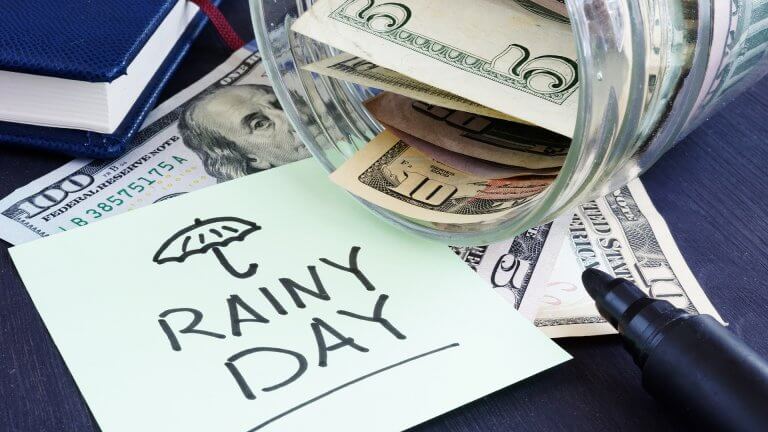The 2014 FM Global Resilience Index finds Norway, Switzerland and Canada top the list of nations most resilient to supply chain disruption, one of the leading causes of business volatility. The first-of-its-kind Index, commissioned by FM Global, one of the world’s largest commercial property insurers, is an online, data-driven tool and repository ranking the business resilience of 130 countries. More than a year in development, the Index is designed to help executives better assess and manage supply chain risk. The Index finds Kyrgyzstan, Venezuela and the Dominican Republic as nations least resilient to supply chain disruption.
“Natural disasters, political unrest and a lack of global uniformity in safety codes and standards all can have an impact on business continuity, competitiveness and reputation,” said Jonathan Hall, executive vice president, FM Global. “As supply chains become more global, complex and interdependent, it is essential for decision makers to have concrete facts and intelligence about where their facilities and their suppliers’ facilities are located. The Resilience Index is a dynamic resource to better understand unknown risk in order to strategically prioritize supply chain risk management and investment efforts.”
Key findings for 2014 include:
• The United States and China are each divided into three separate regions because the geographic spread of these countries produces significantly disparate exposures to natural hazards. All three regions of the US rank in the top 25 and China’s regions rank 61, 66 and 75. China’s weakest grouping, which includes Shanghai, ranks particularly low as a result of poor risk quality due to acute natural hazards.
• The biggest riser since 2013 is Bosnia and Herzegovina, climbing 19 places due to improvements in the country’s political risk and in the quality of local suppliers.
• Bangladesh is one of the top fallers due to declining quality of both natural hazard risk management and fire risk management.
FM Global commissioned analytics and advisory firm Oxford Metrica to develop the rankings with the aim of bolstering intelligent dialogue around building resilience and avoiding supply chain disruption.
The data comes from a combination of independent third-party sources and FM Global’s RiskMark benchmarking algorithm, which measures the risk quality of more than 100,000 insured commercial properties worldwide. The inaugural index allows for browsing of countries’ rankings and scores from 2011 to 2014, to reflect both improvements and declines in individual countries’ relative rankings.
“We live in a volatile world and whether that’s because of what nature wrought or the human element, every nation is prone to some form of risk,” said Margareta Wahlstrom, United Nations Special Representative of the Secretary-General (SRSG) for Disaster Risk Reduction. “The question is why are some countries, whether developing nations or economic power houses, more resistant to supply chain disruption or better able to bounce back? It’s a puzzle that world leaders are perpetually trying to solve and there’s endless value inherent in a tool like the FM Global Resilience Index to help answer that.”
























